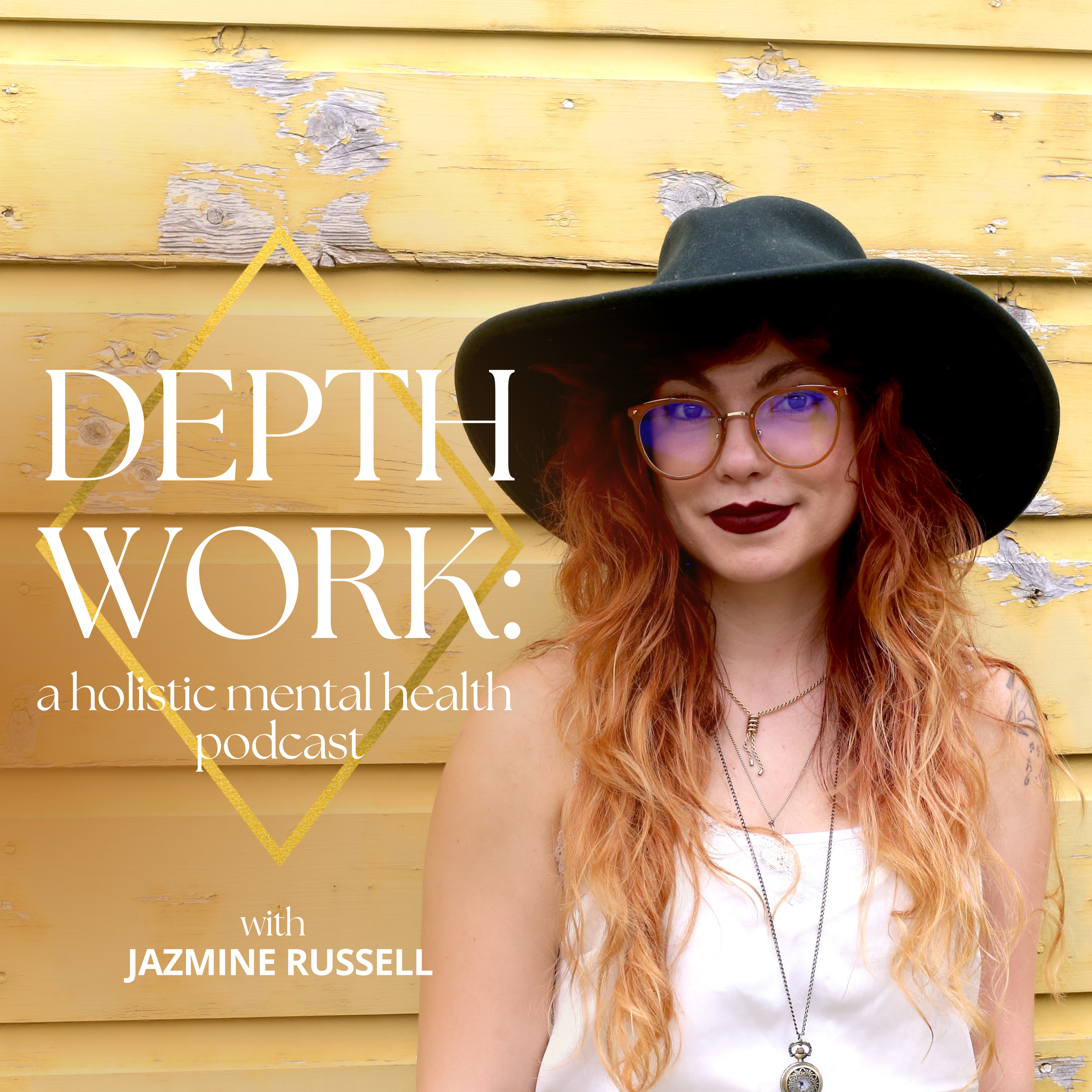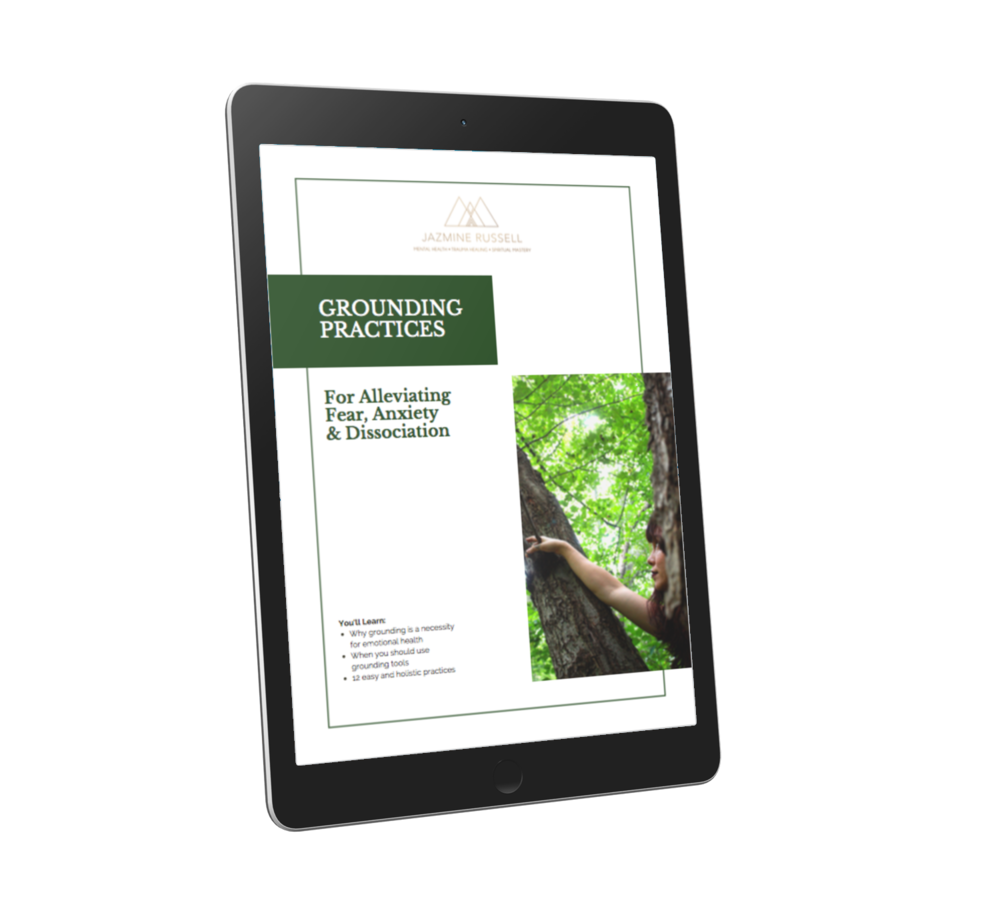Beyond the Biomedical Model: 5 Myths about Mental Health Diagnoses & Treatment
Beyond the Biomedical Model: 5 Myths about Mental Health Diagnoses & Treatment
The biomedical model of mental health, which posits mental health issues are purely biological and only treatable with medication, has dominated the field for the last 40 + years without much evidence to justify it. Many concerned psychiatrists and psychologists argue that this model is outdated and ignores the complex interplay of social, cultural, institutional, and other factors that contribute to mental health issues. Recent research shows that the roots of mental health concerns are much more complex. Despite this, many myths about mental health concerns persist, even in the face of mounting evidence against them. It's time to put aside what we thought we knew about the DSM, diagnoses, psychotropic medication, and the chemical imbalance theory and take a more holistic approach to mental health. This includes prioritizing community mental health over just individual treatment and medication.
In Episode 3 of the Depth Work Podcast, we explore the top 5 myths that continue to persist about mental health concerns despite mounting evidence against them.
The top 5 myths about mental health :
Mental health issues are solely biological and can only be treated with medication.
The DSM is a statistically reliable and valid guide to understand mental health concerns.
Psychotropic medication is a cure for mental health concerns.
Mental health concerns are the result of a chemical imbalance in the brain.
Individual therapy and medication are the only options for healing mental health concerns.
We also discuss the importance of prioritizing community mental health and how to take a more nuanced approach to treatment.
“The dominant model for understanding mental health right now is the biomedical model or the disease model. What we don’t often talk about is the underlying set of assumptions of this framework, how its been exported outside the U.S. to other countries, and the fact that this isn’t the only model or the best model. Every model has its failures and drawbacks. ”
What You’ll learn in this episode:
What the biomedical model of mental health is and why it dominates our field today
Why this model is outdated and what emerging research is showing about the roots of mental health concerns
The top myths that persist about mental health concerns despite evidence and research against it
Why it’s time to put aside what we thought we knew about the DSM, diagnoses, psychotropic medication, and the chemical imbalance theory
Why the United Nations, the old president of the National Institute of Mental Health and top researchers all agree that community mental health is most important
“Is it useful to see all forms of emotional suffering or mental distress or difference as a pathology as a disease? Is it possible to validate these experiences without pathologizing ourselves?”
DEPTH Work - A Holistic Mental Health Podcast
This is a space for those who love to dive into the underbelly, to revel in the mystery, question assumptions about what is normal, play in the both/and, and honor the wide range of human emotions.
As a complex trauma survivor, holistic counsellor and co-founder of a mental health institute, I learned that there is immense wisdom in our pain and what we call crazy is just what we are yet not willing to understand and explore. Let’s dive in!
Links:
1:1 Holistic Counseling Sessions - https://www.jazminerussell.com/my-practice-1
Breathwork Sessions - https://www.jazminerussell.com/breathwork-sessions
Energy Healing Sessions - https://www.jazminerussell.com/energy-healing
Research:
The Inflamed Mind by Dr. Edward Bullmore (a book about links between immune system and mental health) https://www.goodreads.com/book/show/39899586-the-inflamed-mind
Dube, et al(2009). Cumulative childhood stress and autoimmune diseases in adults. https://www.ncbi.nlm.nih.gov/pmc/articles/PMC3318917/
Jeppesen, & Benros, (2019). Autoimmune diseases and psychotic disorders. https://www.frontiersin.org/articles/10.3389/fpsyt.2019.00131/full
Jordan, Malla & Iyer(2019). “It’s Brought Me a Lot Closer to Who I Am”: A mixed methods study of posttraumatic growth and positive change following a first episode of psychosis. https://www.frontiersin.org/articles/10.3389/fpsyt.2019.00480/full
Phillips III, Lukoff, & Stone (2009). Integrating the spirit within psychosis: Alternative conceptualizations of psychotic disorders.
Read, et al (2005). Childhood trauma, psychosis and schizophrenia: a literature review with theoretical and clinical implications. https://onlinelibrary.wiley.com/doi/10.1111/j.1600-0447.2005.00634.x
Ritunnano, Humpston, & Broome (2021) Finding order within the disorder: a case study exploring the meaningfulness of delusions https://www.researchgate.net/publication/348416655_Finding_order_within_the_disorder_a_case_study_exploring_the_meaningfulness_of_delusions
GROUNDING PRACTICES:
FOR ALLEVIATING FEAR, ANXIETY & DISSOCIATION
12 SIMPLE GROUNDING PRACTICES TO HELP YOU COME BACK TO YOUR BODY















